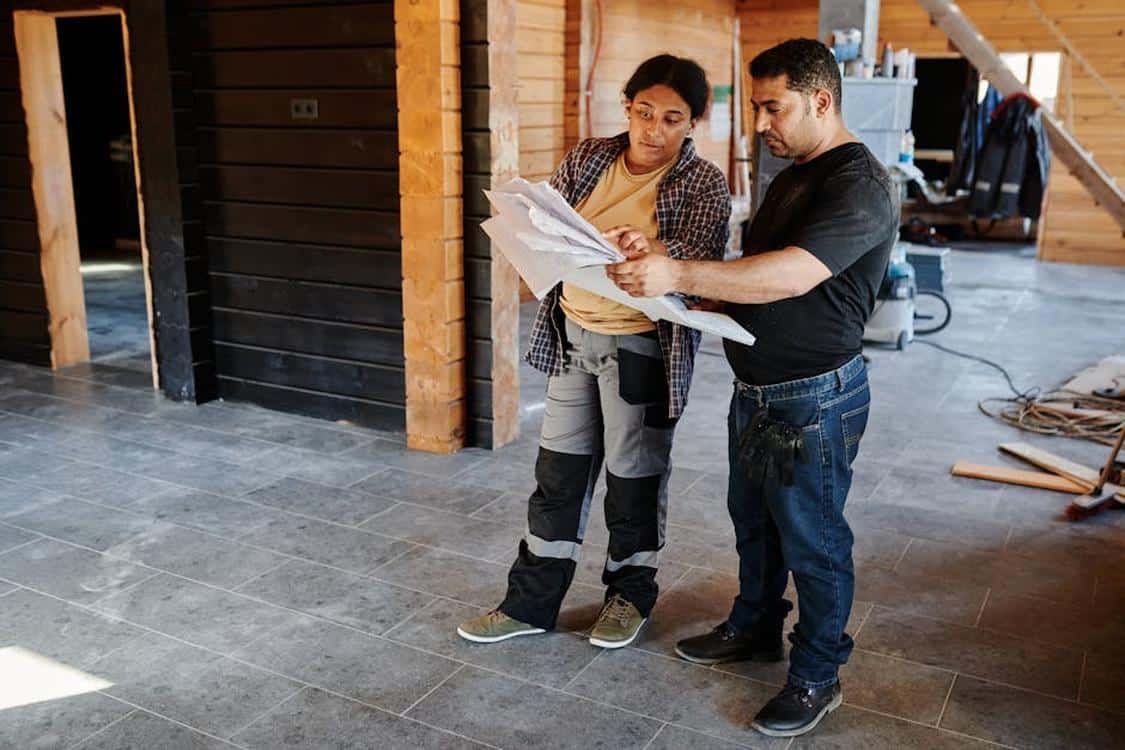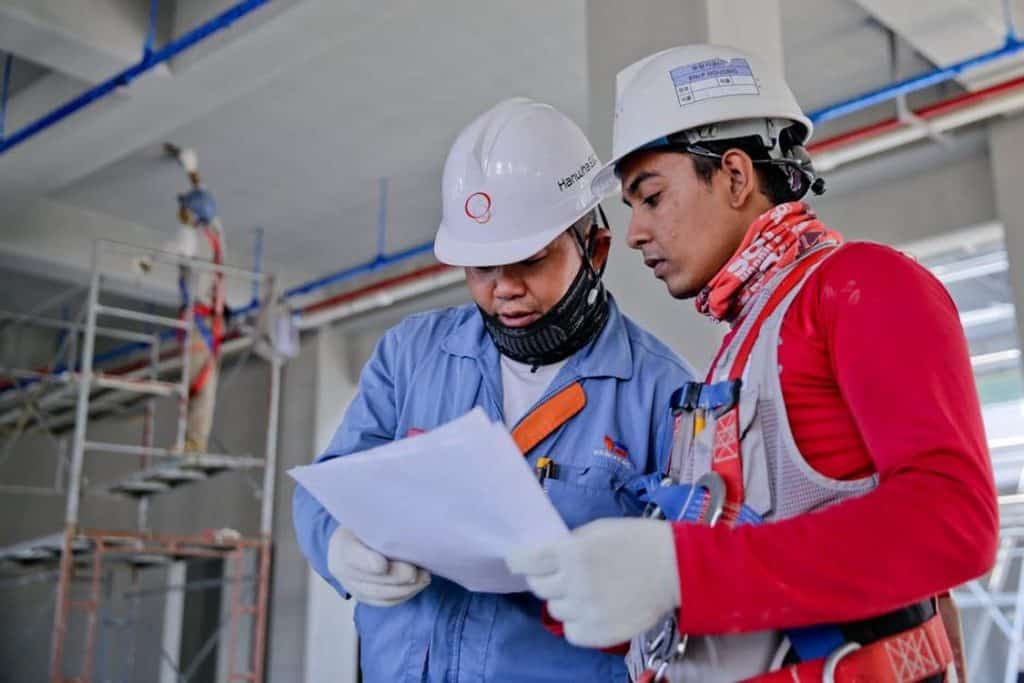Leadership requires strong critical thinking and effective communication. It also requires motivation and inspiration, and a focus on building stronger relationships with your team members.
There are many programs available to help business professionals and students develop their leadership skills. However, there are many practical steps you can take to build your leadership skills, even without formal training.
1. Build a Vision
Developing your leadership skills is a process that can be facilitated by tools like Leadership For Good. The right tools can empower you to develop your unique leadership style and create a thriving work environment for yourself and your team.
Visionary leaders inspire change and drive innovation. This is achieved by motivating teams to think outside the box and find innovative solutions that improve day-to-day operations.
Leadership development should be high on your to-do list because it can help you improve the bottom line; attract and retain talent; drive strategy execution; and increase success in navigating change. Independent studies by the Conference Board, Bersin by Deloitte, and HR analytics experts McBassi & Company consistently demonstrate the positive impact of leadership development. The key is ensuring that your leadership development efforts are focused on growth and transformation. This includes self-reflection and adaptability.
2. Create a Mission
Many people believe that leaders are born, but research and real-life examples show that leadership skills can be developed. For example, some individuals grow into leadership roles through experience and learning, while others have a natural ability to lead.
In order to develop leadership skills, you can take advantage of many opportunities that are available to you. For instance, clubs, community service programs and extracurricular activities offer countless opportunities to practice leadership skills. Taking on the role of club president or leading a team in a sports game can help you develop your leadership skills.
It’s also important to be open to feedback and self-reflection. This will allow you to cultivate your leadership skills and improve your effectiveness. Additionally, it is essential to be flexible and adaptable in order to navigate changing landscapes. This includes developing contingency plans and risk management strategies for unexpected situations, such as a key team member leaving the organization or new technology that makes an existing job redundant.
3. Create a Vision for Your Team
A strong team vision can provide direction and motivation. Your team vision should be short, simple, and inspiring. It should also connect your aviation department to the host organization and encourage a sense of advocacy. In addition, it is important to communicate this team vision frequently and to tie back every decision to the vision statement.
When creating a team vision, it is important to involve the entire leadership team in the process. This will allow them to bring their unique perspectives and experiences to the process. Additionally, a team that feels invested in the vision will be more likely to support it. It is also important to be transparent with your team about any changes to the vision and to explain the reasoning behind those changes. This will help to build trust and ensure that everyone is on the same page.
4. Set Goals
Creating leadership goals is key to developing your skills and making the most of your time as a leader. Regardless of how long you have been in the role, there is always room for improvement and growth.
Establish measurable leadership development goals that align with your personal and professional interests. Whether that means building public speaking skills or becoming an effective delegator, finding the right balance of attainable and impactful leadership objectives will help you get there.
Ensure that your leadership goals are practical and relevant to your role by getting input from those you lead. One energy company did this by surveying midlevel leaders on their essential “jobs to be done” and then aligning learning activities with those needs, resulting in tangible outcomes like revenue increase and employee retention. It also helped them prioritize collaboration and foster decision-making autonomy, allowing them to be the superheroes their teams need.
5. Create a Vision for Yourself
Developing your own vision and purpose is an essential leadership skill. To make your vision a reality, create an action plan. This will help you figure out how to get there, but it is important to focus on the bigger picture and not just the individual tasks.
Be sure to foster teamwork in your daily life, both at school and in extracurricular activities. This will help you build strong relationships and become a more effective leader in the future.
Develop self-discipline now to reach your goals as a student and prepare for the demands of a leadership role in the workplace. Learn how to handle conflicts and think critically. This will help you stay on track when things go wrong. You must also understand that fulfilling your vision will require sacrifice. This will make you more relatable to your followers.
6. Create a Vision for Your Organization
Having a clear vision is one of the most important leadership skills. It helps you to make the best decisions for your organization and achieve its goals.
Creating a vision for your organization is a process that should involve the entire team. This will help ensure that everyone understands and buys into the vision. It will also help to encourage teamwork and collaboration, which are essential leadership qualities.
The first step in constructing your vision is to clearly define what it is that your organization does. For example, Microsoft’s vision is “Put a computer on every desk”. This is more of a vision than an actual goal (which would be more like a strategy).
After defining what your organization does, you should consider how to get there. Usually, this will require public forums or listening sessions with the community to determine what matters most to them.
7. Create a Vision for Your Company
Leadership is a journey and you need to equip yourself with the right tools to get there. Having the right leadership skills helps you motivate both office and remote employees, foster a healthy work culture, and achieve your goals for the organization as a whole.
Creating a vision for your company requires brainstorming with your team and writing down your ideas. A great vision statement should be ambitious, but not too far out of reach for your company.
Make sure your team is aware of changes and why they’re happening. Transparent communication will help your team feel supported and empowered to take on challenges. Developing your leadership skills is one of the most important things you can do to build your career and your business. Leadership development can improve bottom-line financial performance, attract and retain talent, drive strategy execution, and increase success navigating change.
8. Create a Vision for Yourself

One of the best ways to develop leadership skills is to create a vision for yourself. A vision is a long-term goal that guides your future actions and decisions. It is important for leaders to be able to communicate their vision clearly so that others can understand it and buy-in.
Having a clear vision helps you avoid distractions and stay focused on your goals. You can also use a vision to motivate and inspire yourself throughout the journey.
To help you create a vision, start by thinking about what is most important to you. Consider your core values, what you are passionate about and what drives you to success. Then, imagine yourself five years from now. How does that vision look? What are the steps you need to take to achieve it? How will you know if you are getting closer to your goal?
9. Create a Vision for Your Team
A good leader will understand that not every team member will aspire to a leadership role. But that doesn’t mean they shouldn’t be encouraged to develop their leadership skills.
Involving everyone in the team vision is important for a high-performance environment. A team should be able to clearly describe their purpose and goals, and the underlying reasons for those objectives. This should align with the company strategy and functional goals (e.g. finance might include visibility of performance and growing profitability in Germany).
When establishing the team’s vision, consider how it can be articulated using problems and language that the team can relate to. For example, “creating a culture of innovation and collaboration” might be a suitable team goal for your organisation. This will ensure that your team’s efforts are aligned with the broader strategic goals of the organization.
10. Create a Vision for Your Organization
Leadership has a direct impact on an organization’s team morale, productivity, and overall performance. Whether you’re an aspiring business leader or just a team member, working on your leadership skills is a smart move in any context.
There are many programs designed to help business professionals and students develop their leadership skills. However, you can also hone your leadership skills on your own by taking on more roles and responsibilities in your organization and extracurricular activities. Be sure to set realistic goals and embrace the learning process. This flexibility will build resilience and fuel continuous improvement, which are important leadership qualities to cultivate. Use ClickUp to streamline your tasks, so you have more time for strategic thinking. You can even invite your teammates to collaborate with you using our group collaboration tools. This will boost your teamwork and collaboration abilities.

